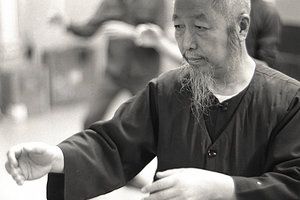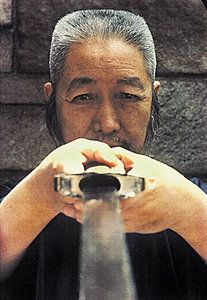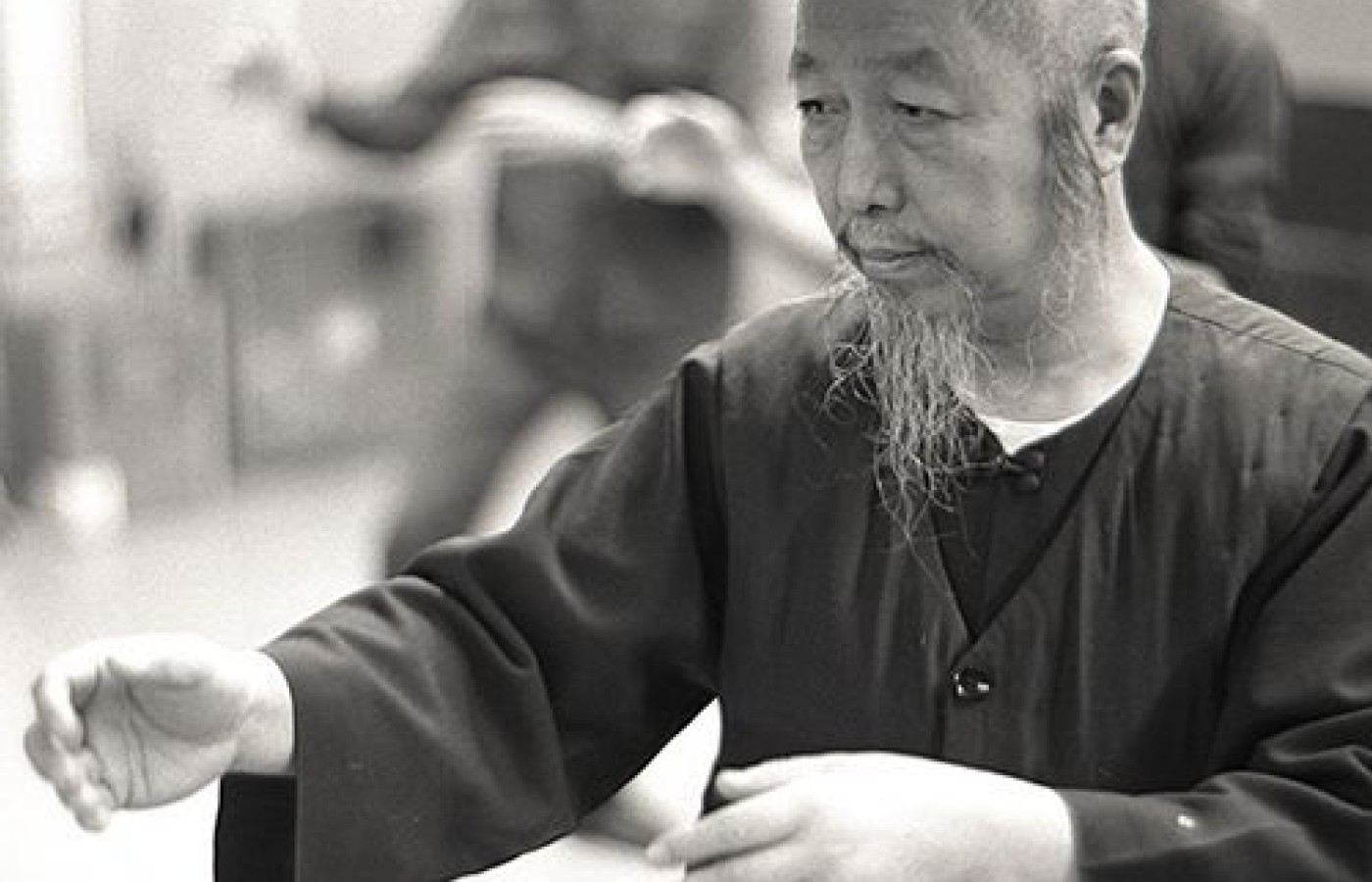The most important relationship I seek to nurture in the treatment room is the one a patient has with their own body. We live in a culture that teaches us to override pain, defer to outside authority, and push through discomfort. Patients often arrive hoping I can “fix” them, but the truth is, we can’t do the work for them. We can offer guidance, insight and support, but healing requires their full participation.
Capturing the Essence of Tai Chi
"Tai Chi, the great ultimate, strengthens the weak, raises the sick, invigorates the debilitated, and encourages the timid" - Cheng Man Ching
Over the last 12 years, I have been working on one of the few documentaries about Tai Chi. It's called The Professor: Tai Chi's Journey West and it's about Cheng Man-Ching who moved to New York in the 1960s.
Professor Cheng Man-Ching (1902-1975) is considered one of the greatest Tai Chi masters of modern times. He was a pioneer, instrumental in bringing centuries old classical Chinese culture to the West.
Cheng was unique – not only a remarkable martial artist but also an accomplished painter, poet, scholar and doctor of Traditional Chinese Medicine. All his talents were deeply rooted in the philosophies of Taoism and Confucianism. His students affectionately called him, "The Professor." Living simply in Manhattan he spent the last years of his life teaching there.
When I began studying Tai Chi 25 years ago I was looking for a healthy physical exercise, a gentle martial art I could continue to practice as I got older. But I soon began to realize that Tai Chi was much more than that.

Tai Chi is an ancient Chinese form of exercise originally created as a fighting art. Today Tai Chi is practiced by millions of people worldwide every day for relaxation, health and self-defense. Tai Chi combines mental concentration with slow, controlled movements to focus the mind, challenge the body, and improve the flow of qi. Tai Chi is also a powerful spiritual practice. It teaches us how to treat each other ethically. It puts us in harmony with nature.
Coming from a conservative, age-old society, Cheng found some of his most eager students among the hippies, artists and radicals in 1960s America. They were searching for meaning in a competitive, materialistic, violent world.
I have been fortunate to study with some of the leading Tai Chi teachers in the world, all students of Prof. Cheng. Twelve years ago I saw that Cheng's senior students were aging and some dying. I realized that an incredible legacy of stories and timeless teachings was in danger of being lost. I approached one of my teachers, Ken Van Sickle, a cinematographer, and together we began work on this documentary.
What started as an obligation has become a pleasurable, enlightening experience. I've gotten to interview accomplished Tai Chi "players" from all walks of life who have generously shared their stories and experiences about Cheng and Tai Chi. We've shot all around the United States and in Taiwan. We've uncovered rare photos and films of this important chapter of Tai Chi history.

Our documentary reveals a dramatic and inspiring story. Cheng's lessons and personality touched a chord in his American students who were open to both new ideas and old traditions. The students in turn influenced Cheng, who became more relaxed, flexible, even playful.
But Cheng's life in the West wasn't without struggle, he had to overcome old world prejudices to bring ancient wisdom to the modern world. There were many in the Chinese community who were opposed to Professor Cheng teaching westerners Chinese "secrets." He was ostracized and even locked out of his school, but Cheng wasn't stopped by intolerance. He established a new school and gladly taught all races and nationalities, men and women. Cheng inspired and changed the lives of his students who in turn spread Tai Chi and Chinese philosophy in the West where it has taken root.
The Professor: Tai Chi's Journey West is not meant to be an uncritical deification, but the story of a man who sought to live as a "true human being."
Cheng Man-Ching was an important transformational figure who bridged geographic, political and cultural divides to bring valuable, enduring knowledge and traditions to the modern world. Hopefully our documentary will help continue his work: teaching how to seek a healthy, ethical, open-minded, joyful way of life.
We plan to have our documentary out sometime in 2015. For more information, go to tai-chifilm.com.



